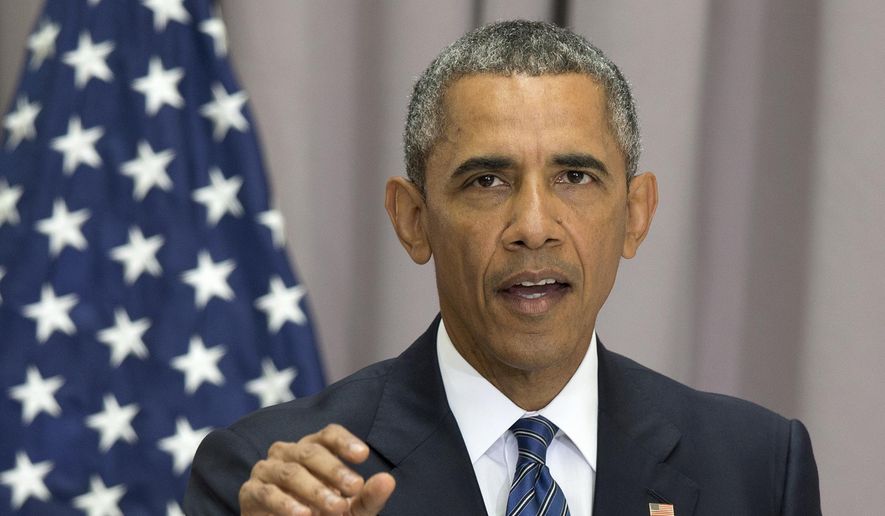The Iran nuclear deal is proving a difficult sell to Congress, but it may be a harder pitch to people across the Arab world who are increasingly suspicious of Tehran as a regional power.
Mideast analysts say most Arabs are worried about the implications of the deal and whether Iran will ramp up its involvement in regional conflicts, particularly in Syria, Yemen and Lebanon. They are concerned about the billions of dollars that are expected to be unleashed into Iran’s economy as a result of the sanctions relief and are wary of how Tehran would use those funds.
“The most common Arab reaction is to say good, but we want to see how Iran is going to behave in the future,” said Hussein Ibish, a senior resident scholar at the Arab Gulf States Institutes in Washington. “Most people in the Arab world are very skeptical about Iran and mistrustful, especially along sectarian lines. Iran is not popular these days in the Sunni-Arab world.”
“I think this is one instance in which public opinion and the opinion of the governments, which often do diverge, are actually fairly closely in sync,” Mr. Ibish added.
The Obama administration has been on a media blitz since the July 14 nuclear agreement to persuade Americans and world leaders to support the deal signed by Iran and major negotiating partners. Reactions to the administration’s efforts have varied, with some of America’s closest allies, including Israel and Saudi Arabia, opposing the deal.
Qatar and Egypt have been cautious to stand behind the agreement, although a meeting between Secretary of State John F. Kerry and Arab Gulf state officials on Monday helped to alleviate some of the concerns in the region.
Other countries have welcomed the deal. The United Arab Emirates, Turkey and Oman — all countries with relatively warm relations with Iran — have supported the deal from the outset.
But the global public perception of Iran has deteriorated in recent years. A Pew Research Center poll released in June found that 58 percent of people surveyed in 40 countries around the world have an unfavorable opinion of Iran. Disapproval of Iran is highest in Israel and Jordan, where 92 percent and 89 percent of respondents said they view the Islamic republic negatively, respectively.
But Joyce Karam, an expert on U.S. policy in the Middle East, says public opinion in the Gulf States is also widespread.
“What drives suspicion of the Iranian deal in the Arab streets is Iranian behavior of funding of wars in the region,” Ms. Karam, a correspondent for the London-based Arabic daily newspaper Al-Hayat, said Wednesday at the Middle East Institute in Washington.
“What is Iran doing fighting Syrians? What is Hezbollah doing in Yemen? What is Iran doing in Saddam [Hussein’s] town of Tikrit? These are all questions that are being raised by Arab youth and by average people who don’t understand much about the number of centrifuges or the level of enrichment, but are legitimately concerned that this deal will play out badly,” she said.
“There is a real urgency that the U.S. explains the deal better to the Arab world — to the people, not just to the governments,” Ms. Karam added.
• Brennan Weiss can be reached at bweiss@washingtontimes.com.




Please read our comment policy before commenting.